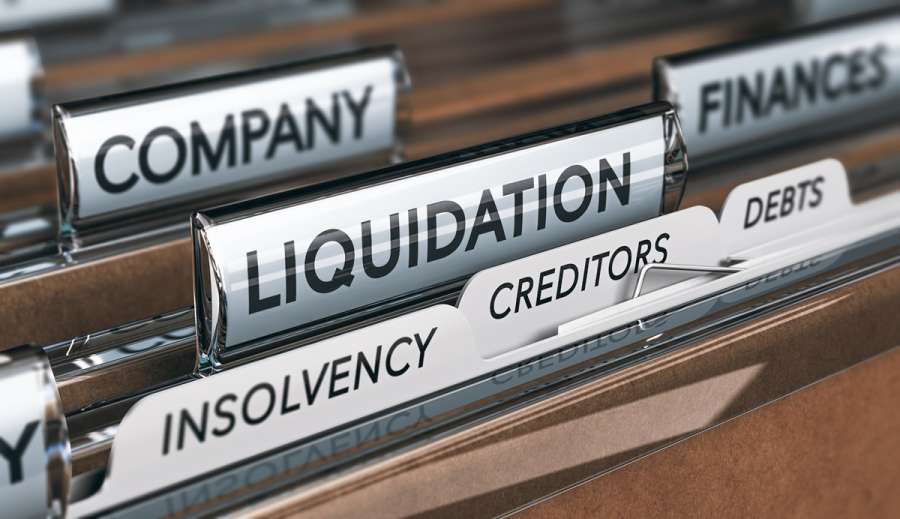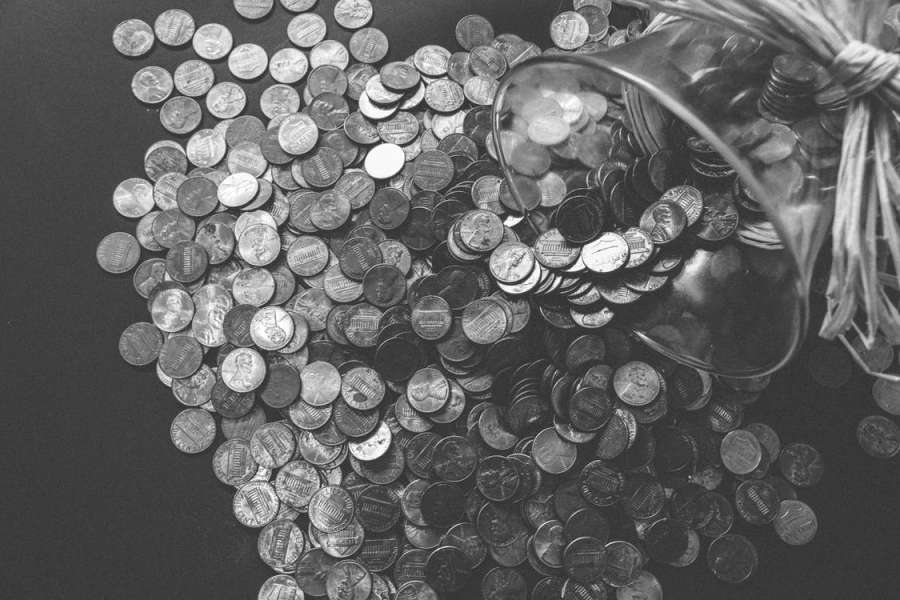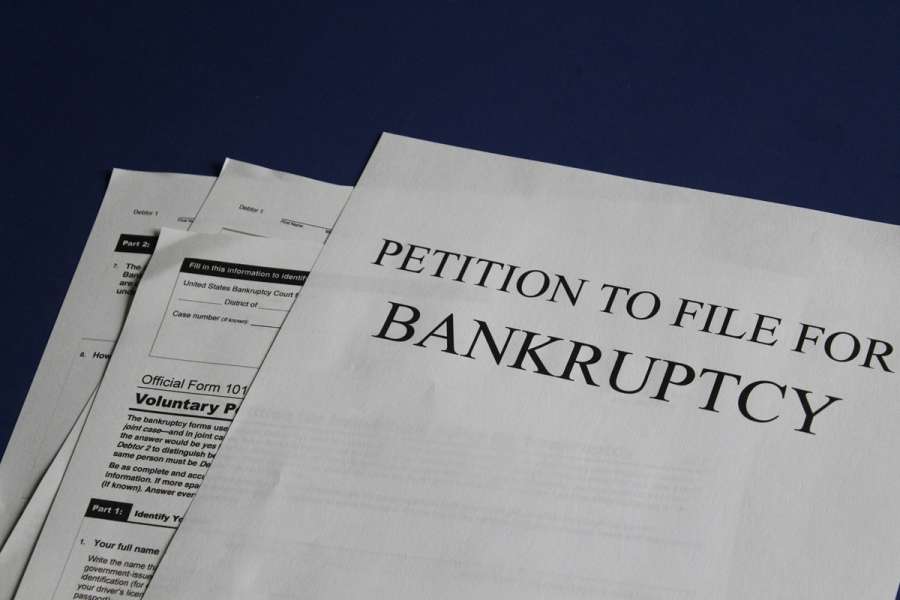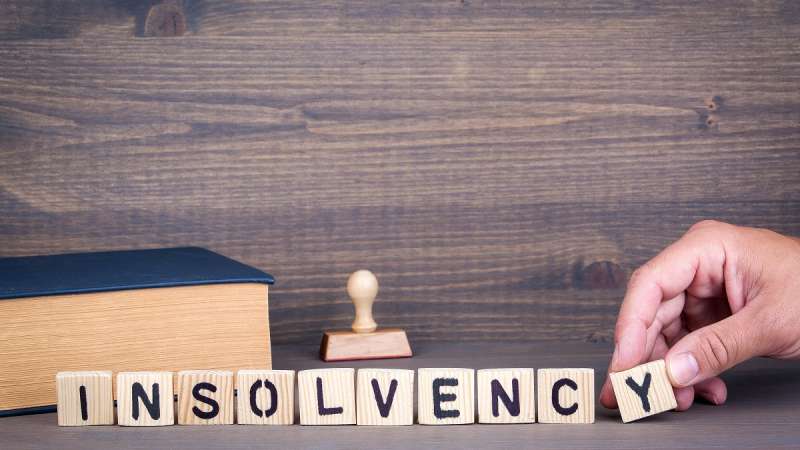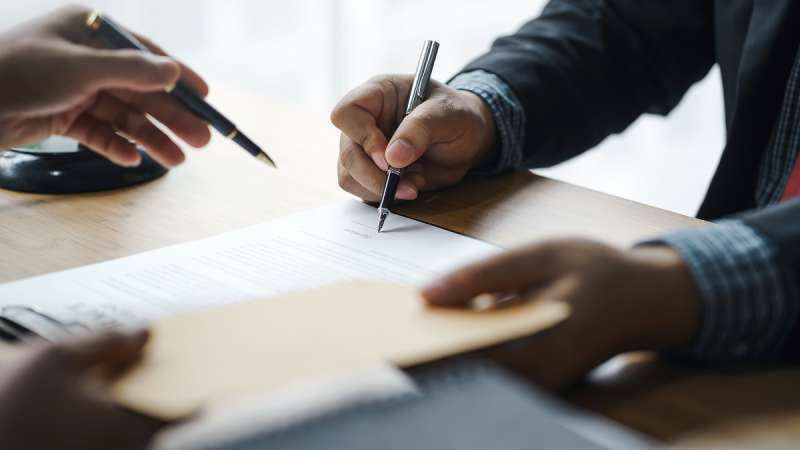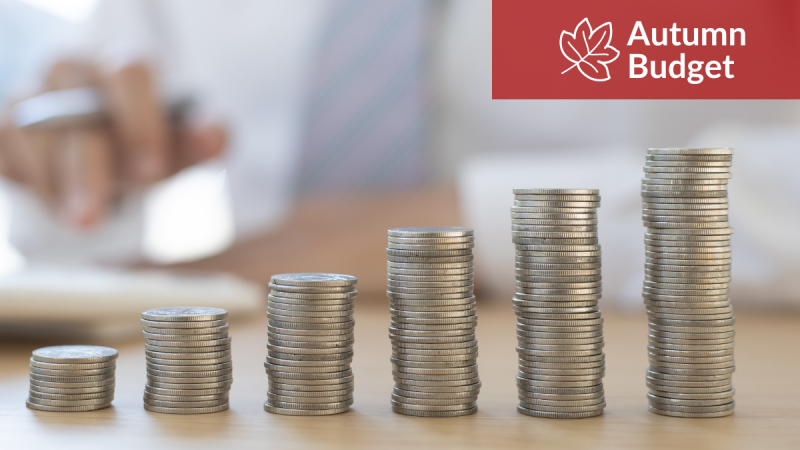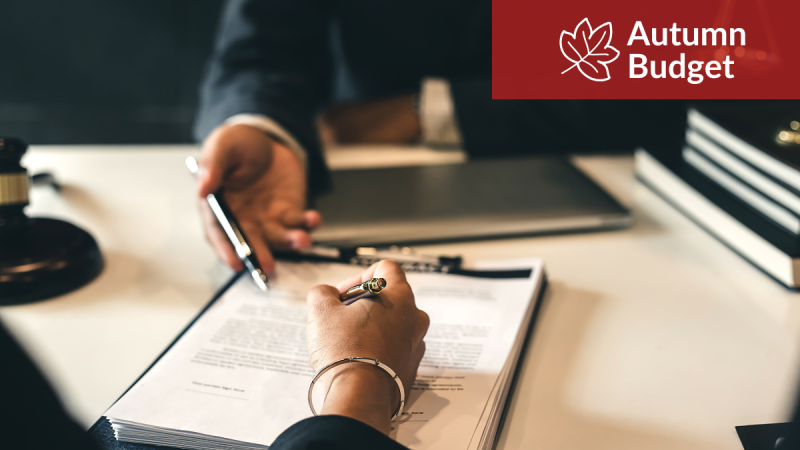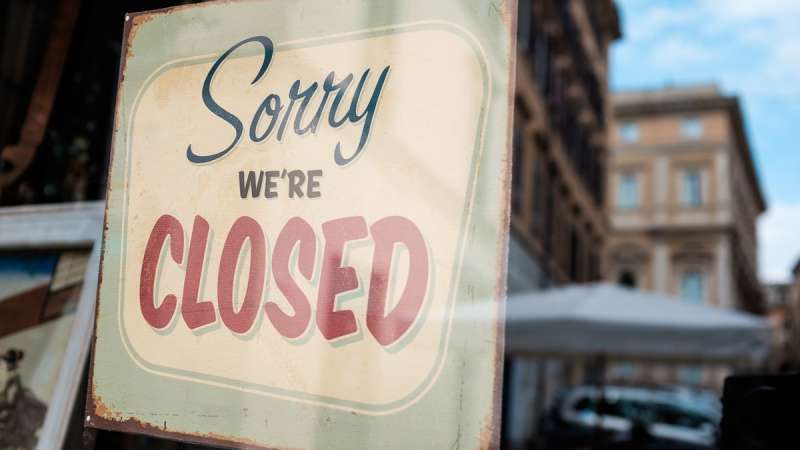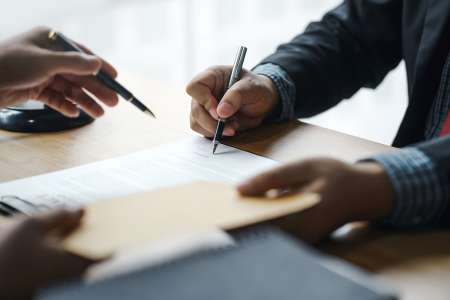
In this blog, our Insolvency & Restructuring Solicitors set out the process and effect of being discharged from bankruptcy.
Bankruptcy is a formal process by means of which individuals (commonly referred to as ‘debtors’) can respond to and deal with debts that they simply cannot pay, or it can be a means by which creditors seek to recover debts owed to them by a debtor.
Bankruptcy in England and Wales does not apply to companies or partnerships.
The bankruptcy process ensures that a debtor’s assets are shared amongst that person’s creditors and, with some restrictions, allows the debtor to make a fresh start free from their debts, usually a year after the bankruptcy order is made.
Discharge from bankruptcy is a statutory process that relieves a bankrupt from the restrictions and disabilities of bankruptcy and most of their bankruptcy debts.
The bankrupt does not have to do anything to obtain discharge as it is usually automatic. There is no formal application or court hearing for discharge. Usually, on the first anniversary of the bankruptcy order, the debtor is simply discharged from their bankruptcy.


